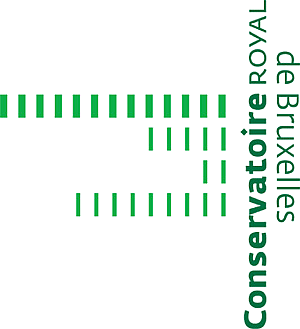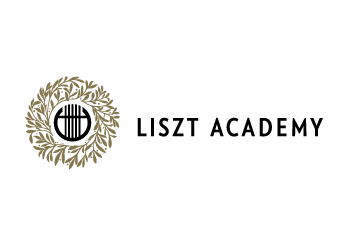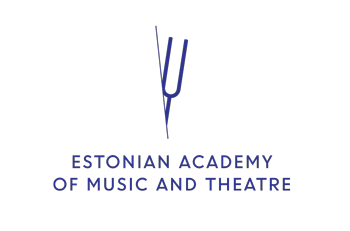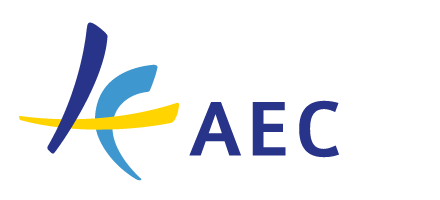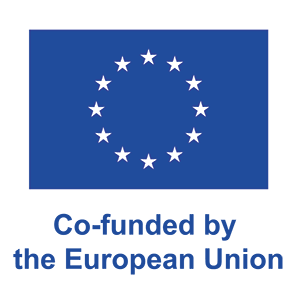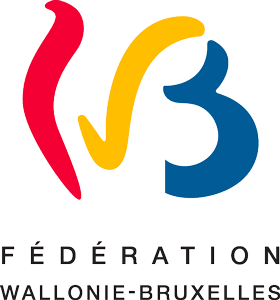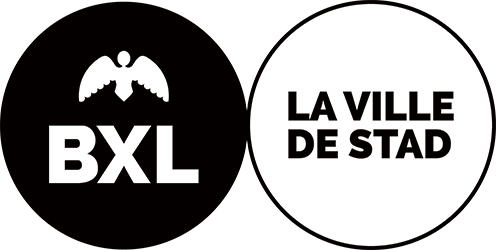-
Hochschule für Musik Würzburg
In the course, Renaissance improvisation techniques along with Hexachord solmisation, information about historic teaching methods, treatises and so on are taught. The course mostly works like a vocal ...
MORE ABOUT THIS COURSE -
Koninklijk Conservatorium Den Haag
Kodály-based musicianship courses are practice-oriented and place a strong emphasis on the acquisition of musical skills related to the acquisition of theoretical knowledge and the development of m...
MORE ABOUT THIS COURSE -
Latvian Academy of Music
The goal of the course is to provide knowledge about polyphony in the music of different periods and styles, to build awareness of the importance of polyphony in the presentation of the content of a...
MORE ABOUT THIS COURSE -
National University of Arts George Enescu IASI
The course covers musical forms from simple to complex, from strophic forms to sonata and fugue. Each chapter includes detailed analyzes of the theoretically presented structures. The course is aimed ...
MORE ABOUT THIS COURSE
Be a part of our european project !
This European project (KA 203 Strategic Partnership) created by Salvatore Gioveni promotes cross-border collaboration in the field of Music Theory through sharing knowledge and transferring pedagogical innovation. It thus responds to a lack of centralised source and framework to deepen reflection by means of cross-disciplinary study at European and international level.
There is a significant wealth of educational practices from one country to another in this sector, especially in terms of harmonic musical notation and analysis. However, HMEI's are facing the nonexistence of a European network for pedagogical staff in Music Theory so far. To improve the situation, the project will among other things develop several intellectual outputs such as Online Platform (IO 1), an EU Bibliography (IO 2), a Repository Courses (IO 3), a Multilingual Glossary (IO 4) and an Exchange Online Learning Platform.
Besides the Conservatoire royal de Bruxelles as leader and manager of the project, the following partner institutions are involved: Music Academy S. Moniuszki Gdańsk (Gdańsk, Poland), F. Liszt Academy of Music Budapest (Budapest, Hungary), Estonian Academy for Music and Theatre (Tallinn, Estonia), HfMTh "Felix Mendelssohn Bartholdy" (Leipzig, Germany).
 | 2024
| 2024
